Lecturers:
Karl Martin Stålaker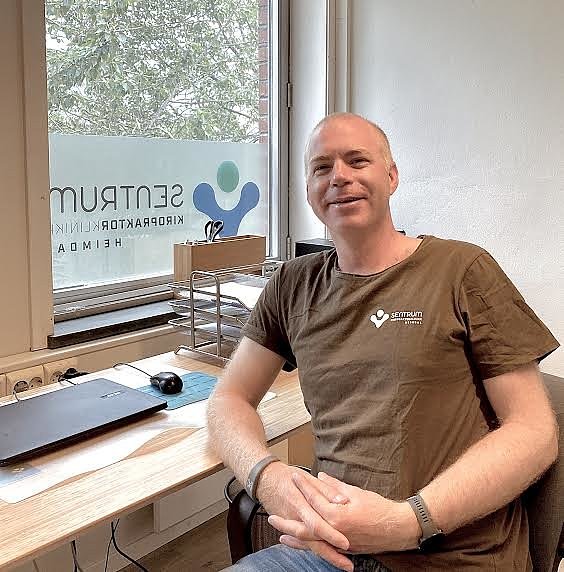
15 years of clinical experience as a chiropractor.
Teaching experience: He was previously a lecturer for Barcelona College of Chiropractic and he has taught several short courses to new graduates for the Norwegian Chiropractic Association. He has also presented at the Autumn 2019 Swedish Chiropractic Association conference in Stockholm on the subject of temporomandibular joint dysfunction in vertigo and balance disorders. Over the past few years he has presented parts of the seminars that I have taught in the UK, in Sweden and in Poland, and also the online ones.
Neurology:
He has a postgraduate diploma (PgDip) in Musculoskeletal Neuroscience.
For several years he worked alongside an ear-nose-throat (ENT) specialist dealing with vertigo, head injury patients and chronic pain patients.
Darren Barnes‐Heath, DC, BSc(Hons), CCEP, MRCC (Paediatrics)
He teaches Functional Neurology and Developmental Neurology at postgraduate level to Chiropractors and other health professionals across Europe.
Darren regularly has patients referred to him from chiropractors and clinicians around the UK, the majority are children.
Married with four children, home life and work-life are busy! He enjoys getting into the countryside and walking or cycling with the family, cricket, learning and sleep.
His studies have taken him around Europe and to America as he has learned from experts in many professions, below is a list of his training.
Extremity Adjusting, (4 x 12 hours of practical seminars) back when he was at studying Chiropractic there wasn’t much emphasis on the treatment of the limbs, this course added to manual therapy particularly joint manipulation of the limbs and feet.
Functional Neurology Course (18 x 25 hour theory and practical seminars) covering neuroscience and practical applications of manual therapies and various rehabilitation techniques and exercises.
The changes seen in these children led to Darren working in three local schools, treating the children that teachers had identified as having learning difficulties. Darren has worked for the Local Education Authority and the Charitable Foundation of British Teachers in three local schools. He consulted with selected children, their parents and teaching assistants at the school, then provided manual therapy, prescribed a neurological rehabilitation program consisting of eye, balance and cognitive brain exercises, computer programs plus dietary advice. The teaching assistant then oversaw the children doing their various exercises and computer programs and monitored progress.
Darren is a certified provider of Interactive Metronome a brain rehabilitation program, Reading Plus a silent reading fluency; Fast ForWord.
Contact for more information:
Phone number: +370 618 67325
E-mail: [email protected]

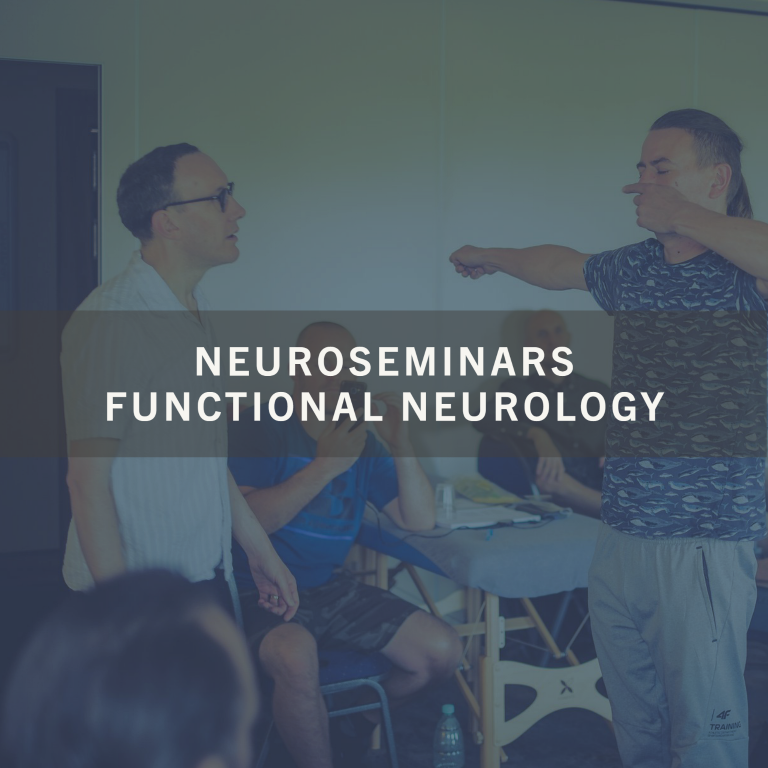


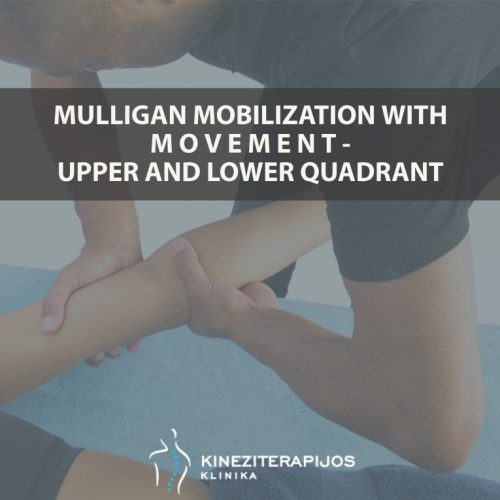
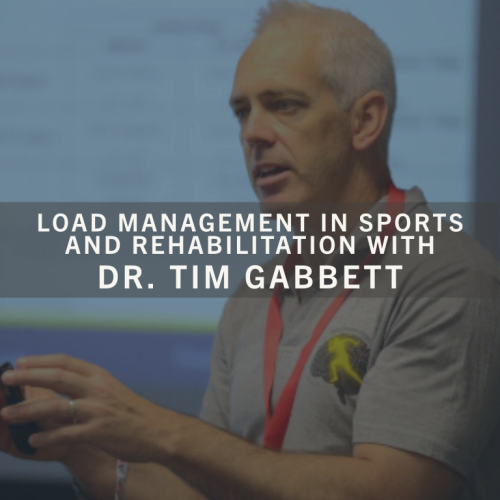
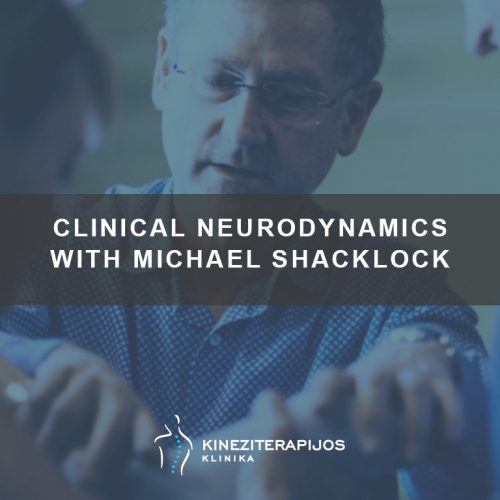
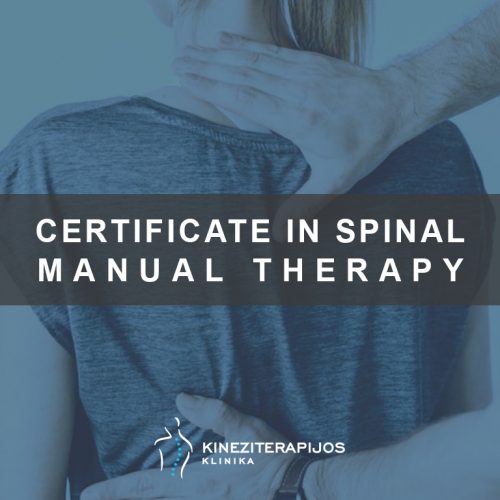

Feedbacks